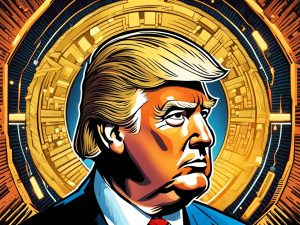Nvidia’s Collaboration with the Chinese Government and Military
Chinese entities, including military organizations, state-owned AI research centers, and universities, have been actively purchasing Nvidia semiconductors that are banned by the US for export to China. This poses a challenge for the US in restricting China’s access to advanced AI chips, which are crucial for AI breakthroughs and high-end military computers.
Legal Transactions and Prominent Purchasers
Despite the US ban, it is not illegal for Chinese entities to acquire advanced US AI chips. Publicly available tender documents reveal that numerous Chinese organizations have purchased Nvidia semiconductors, including the banned A100 and H100 chips. Elite universities like the Harbin Institute of Technology and the University of Electronic Science and Technology of China are among the prominent purchasers.
Demand for Nvidia AI Chips in China
Nvidia’s GPUs are highly regarded for their efficiency in processing large amounts of data required for machine learning. The persistent demand for Nvidia AI chips indicates that Chinese firms do not have satisfactory alternatives. Local competitors like Huawei are expected to have less developed products compared to Nvidia.
Regulatory Concerns in the US
An underground market has emerged in China for Nvidia AI chips due to US restrictions. Chinese vendors acquire excess stock or import through locally incorporated companies in countries like India, Taiwan, and Singapore. Nvidia claims compliance with export control laws but will take action against customers engaged in unlawful resale. US authorities aim to close loopholes by limiting access to chips by Chinese company units located outside China. However, experts argue that achieving watertight export restrictions on small chips is unrealistic.
Hot Take: China’s Persistent Access to Nvidia AI Chips Raises Concerns
The revelation that Chinese military entities and research centers continue to acquire Nvidia semiconductors banned by the US highlights the challenges faced in restricting China’s access to advanced AI chips. The demand for these chips underscores the lack of satisfactory alternatives for Chinese firms, giving Nvidia a significant advantage in the market. While US authorities are determined to close loopholes in export restrictions, achieving complete control over the distribution of small chips seems unlikely. This situation raises concerns about China’s advancements in AI and its potential impact on military capabilities.





 By
By
 By
By
 By
By

